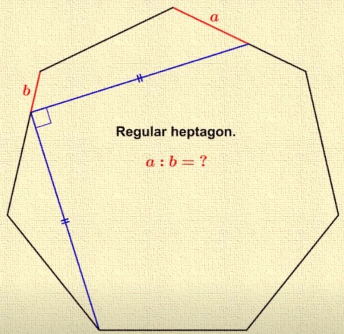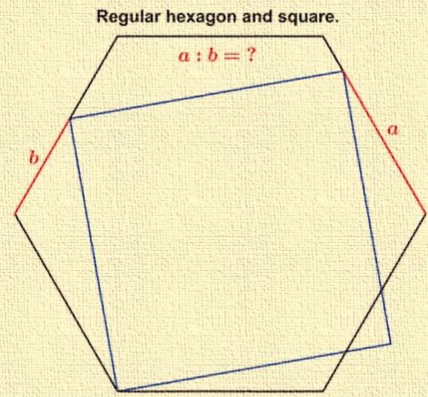
AllQuestion and Answers: Page 267
Question Number 195517 Answers: 1 Comments: 0
Question Number 195515 Answers: 3 Comments: 0
Question Number 195511 Answers: 1 Comments: 0

Question Number 195501 Answers: 3 Comments: 0

Question Number 195493 Answers: 0 Comments: 0

Question Number 195492 Answers: 0 Comments: 0

Question Number 195491 Answers: 1 Comments: 0

Question Number 195490 Answers: 0 Comments: 2

Question Number 195484 Answers: 1 Comments: 0

Question Number 195470 Answers: 2 Comments: 0

Question Number 195468 Answers: 1 Comments: 0
Question Number 195446 Answers: 1 Comments: 0

Question Number 195443 Answers: 2 Comments: 0
Question Number 195436 Answers: 1 Comments: 0
Question Number 195435 Answers: 2 Comments: 0
Question Number 195433 Answers: 1 Comments: 0

Question Number 195428 Answers: 2 Comments: 0
$$\mathrm{3}^{{a}} =\mathrm{7}^{{b}} =\mathrm{441} \\ $$$$\frac{{ab}}{{a}+{b}}=? \\ $$
Question Number 195421 Answers: 4 Comments: 0
Question Number 195419 Answers: 1 Comments: 0
$${x}\neq\mathrm{0}.\:\underset{{i}=\mathrm{1}} {\overset{{n}} {\sum}}{ix}^{{i}−\mathrm{1}} =? \\ $$
Question Number 195416 Answers: 1 Comments: 0

Question Number 195415 Answers: 1 Comments: 0

Question Number 195414 Answers: 1 Comments: 0
Question Number 195413 Answers: 0 Comments: 5

Question Number 195412 Answers: 2 Comments: 0

Question Number 195411 Answers: 1 Comments: 0

Question Number 195407 Answers: 2 Comments: 0
Pg 262 Pg 263 Pg 264 Pg 265 Pg 266 Pg 267 Pg 268 Pg 269 Pg 270 Pg 271
